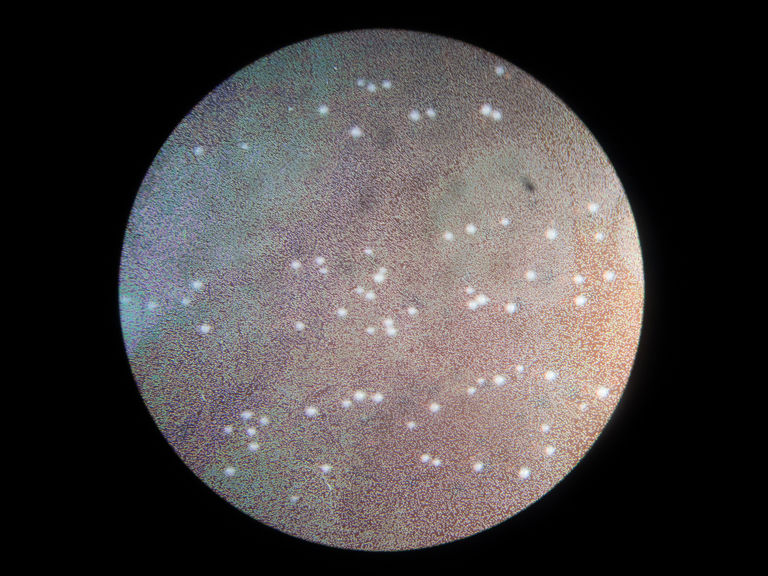Project Detail: This Land Is My Land
Contest:
Environment and Sustainability 2022
Brand:
LuganoPhotoDays
Author:
Jean-Marc Caimi Valentina Piccinni
Project Info
This Land Is My Land
This Land Is My land is a long-term project investigating the devastating consequences of the bacterial pathogen Xylella Fastidiosa in the Salento peninsula (Apulia - Italy), which causes rapid desiccation syndrome in olive trees, causing them to die within a few years. In a dramatic context, where not only the monoculture that kept the agricultural economy going but also a millenary culture and a centuries-old landscape and environmental heritage are disappearing, scientists, agronomists and farmers are looking for a bottom-up solution. Spontaneous wild olive trees resistant to the bacterium would prevent the massive planting of globalised olive trees that would lead to the cancellation of all local specificities and biodiversity, crucial factors for the sustainability of the near future of the olive oil sector.
In the Salento peninsula, Xylella Fastidiosa - a bacterial pathogen - has been causing rapid olive tree desiccation syndrome over the last seven years, a plant epidemic that kills trees in a short time. Climate change and the use of pesticides have been identified as some of the factors responsible for the weakening of the trees' immune system, which has encouraged the massive expansion of the epidemic. We have been following the story since 2016, when the epidemic had just broken out in the area surrounding Gallipoli, completing a multi-layered documentary work since then. Thousands of Salento farmers have lost their life's work in less than two years and their savings in ineffective treatments. The disease is causing the entire agricultural economy to collapse. The repercussions are dramatic on the landscape, the daily lives of the population and the unique human and cultural heritage. The origin of the epidemic is not certain and a solution to stop it has not yet been found. But promising results are recently emerging from the creation of a 'Super Tree' that is immune to Xylella. With the support of the scientific community, local agronomists are teaming up with ordinary farmers to search the epidemic-ravaged fields for surviving wild olive shoots. These 'salvation shoots' are being used for various experiments. Some are grafted onto dying ancient trees in hectares of fields dedicated to scientific research. Other selected sprouts are grown in special greenhouses and tested for their resistance to the bacterium. What makes this research exceptional is that the final success of these tests, with the creation of a local super-tree, will exclude the solution of a mass replanting of globalised olive trees, such as laboratory-modified Leccino or FS17, which will lead to the cancellation of all local specificities and biodiversity, crucial factors for the sustainability of the near future of the olive oil sector.


















